The Planet Captivate Blog – Cognitive Load
Adobe Captivate
JANUARY 17, 2017
In this post, I’d like to focus our attention on the theory side of things. However, one topic that Jim has helped me to better understand is that of cognitive load. There has been a great deal of research done on the topic, but in a nutshell, it refers to the amount of information the human brain can effectively process at one time.



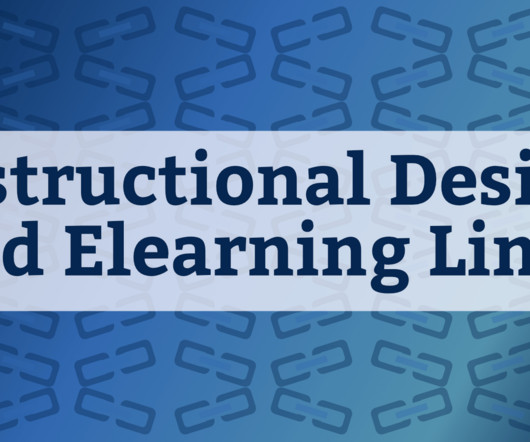





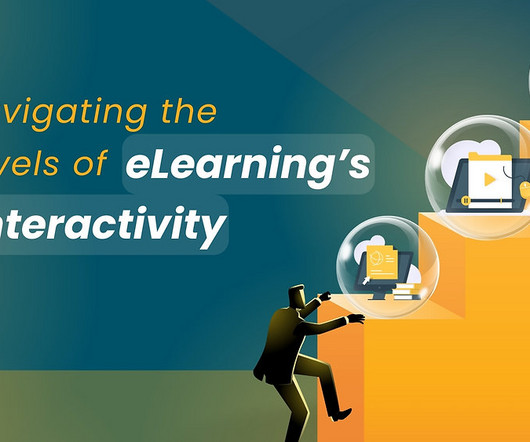














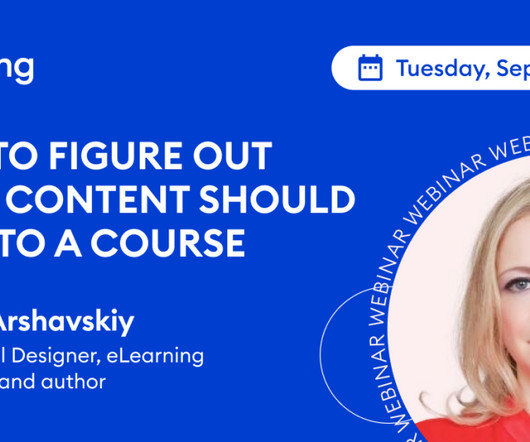







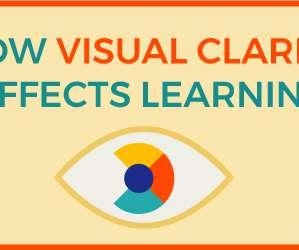

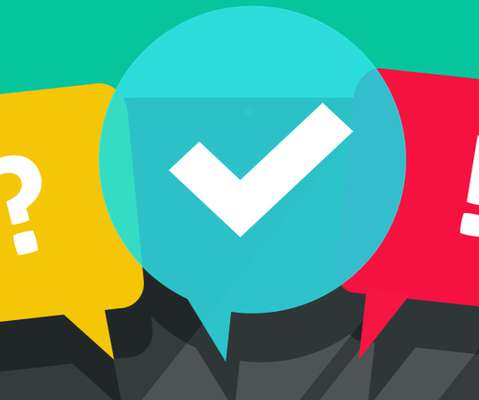













Let's personalize your content